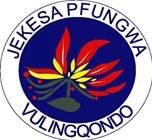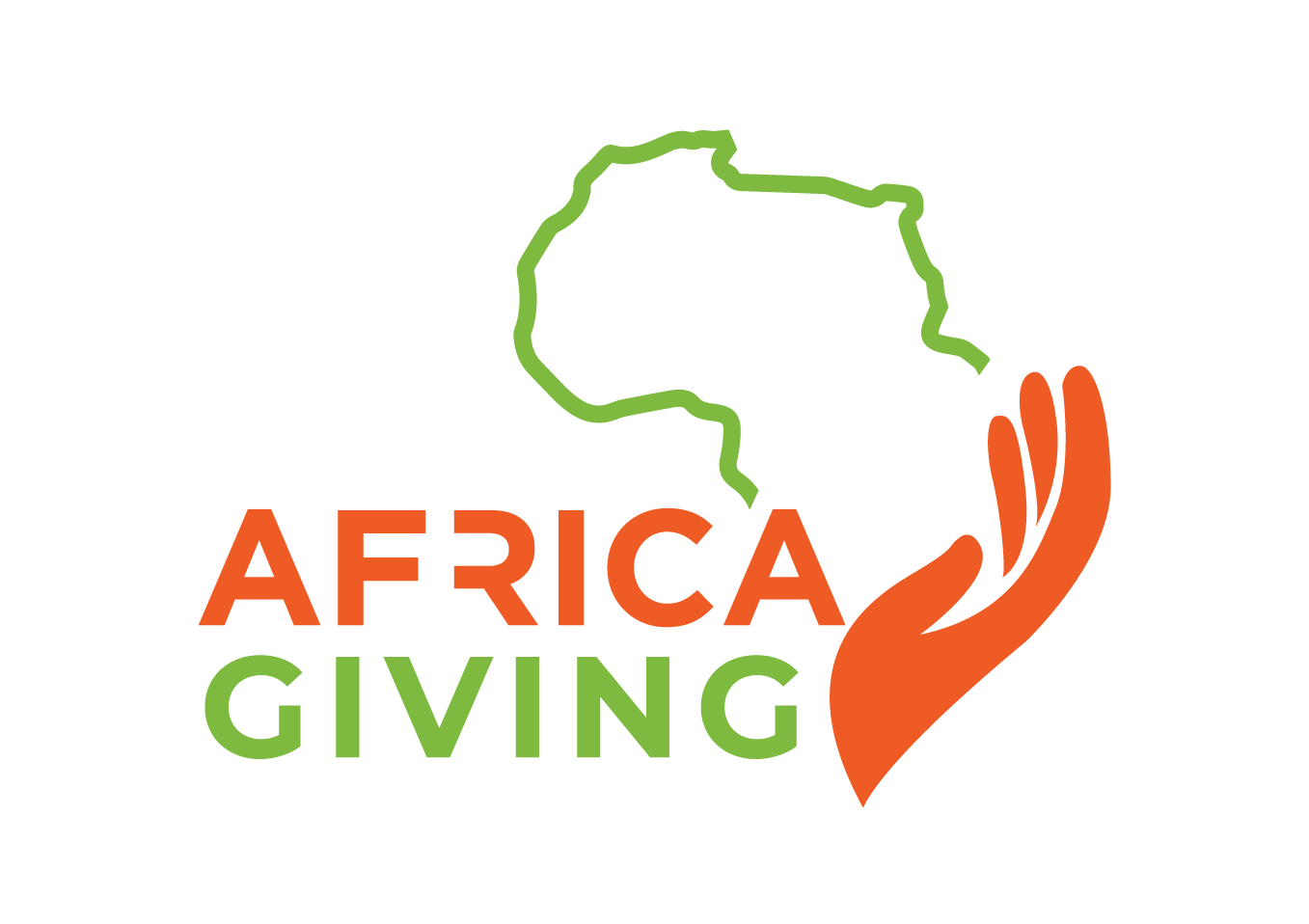Jekesa Pfungwa Vulingqondo

Key Data
Compliance score
3.0
Year of registration
1980
Contact Person
Roselline Masunungure
Annual Budget
USD100,000
Staff size
13
Phone Number
+263 773 406 439
Organisational Information
Country of registration
Zimbabwe
Summary of strategy
Not specified
Annual audit report
Not specified
Number of board members
9
Fundraising Initiatives
Jekesa Pfungwa/Vulingqondo (JPV), meaning ‘Open Your Minds’ was formed in 1947 as an offshoot of the National Federation of Women’s Institutes of Rhodesia. Women’s Institutes members carried out weekly visits to African townships, teaching basic hygiene, nutrition and home craft skills. These meetings resulted in the formation of women’s clubs, which rapidly spread to form a national network that became known as Homecraft. In 1983, Jekesa Pfungwa Vulingqondo became an autonomous organization in August 2001under the leadership of the two founding members, JPV registered as a trust. Since that time the focus and capacity of JPV has expanded to meet the changing needs and roles of its members in the community in today’s complex situation where livelihoods and rights of people (especially women) are constantly under pressure. Today, JPV serves and empowers poor and marginalised rural women, a smaller group of men (to create an enabling environment). JPV’s main target group (poor rural women) is subject to abuse and neglect yet in many instances these women are still expected to provide care and support within the family. JPV has been responding to the issues of poverty, lack of food, unemployment, disability, violation of rights and absence of good palliative and curative care for people living with HIV and AIDS and Orphans and Vulnerable Children’s OVC’s. JPV plans to continue responding via the well-known programme fields using creative, sustainable and more results-oriented approaches. JPV has over the years contributed to be these Outcomes: Improved food security through sustainable agriculture (agro-ecology), land, environmental management and innovation. This has been achieved through, increased access to business development and financial services to women and youth in agriculture, ensuring a Well-Nourished Community (food secure), Especially Women and Children, raising awareness on and provision of adaptability strategies to the effects of climate change. Improved socio-economic conditions of women through building capacity in entrepreneurial skills and technical assistance to women’s small scale enterprises. Achievement of this outcome was through, increasing the capacity of women in business and entrepreneurial skills & provision of technical and linkages to financial support towards women engaging in business. Increased support to women in leadership and peace-building roles through trainings and awareness raising as well as advocating for women in leadership. This has been realised through, building the capacity of women in leadership roles and advocating for women leadership roles & building the capacity of women in peace-building and community development. Improved development and growth of the institution through enhanced organizational and membership development This has been achieved through, strengthening the institution and building its capacity to be an effective, committed, well-functioning, self-reliant member-focused organization & marketing and promotion of brand JPV. JPV contributes to the SDG on Gender equality, fulfilling this right is the best chance we have in meeting some of the most pressing challenges of our time- from economic crisis and lack of health care, to climate change, violence against women and escalating conflicts.
